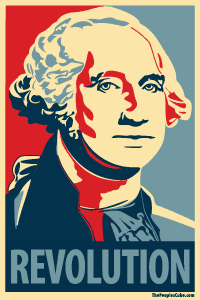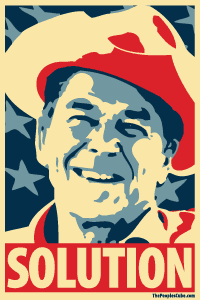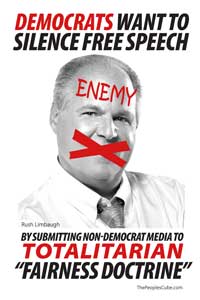By R.B. Parrish | May 4, 2012 | American Thinker
“A prosecutor … may receive absolute immunity from suit for acts violating the Constitution in order to advance important societal values.” -Elena Kagan, Solicitor General, 2009
After the Civil War, Congress passed several civil rights laws, including one allowing anyone whose said rights had been violated to sue those responsible, especially if these had been acting “under color of law” — that is, as part of law enforcement.
Naturally, judges, prosecutors, and police have hated that provision ever since, and the courts have done their best to bleed it of meaning.
In 2009, Elena Kagan, then-solicitor general, argued before the Supreme Court that prior to trial, a defendant has no right not to be framed, because false evidence does no real harm until it is actually used in court.
“Fabrication Of Evidence During An Investigation Does Not, By Itself, Violate The Constitution” read one of the subject headings of her brief. And she quoted the opinion of a lower court:
“We do not see how the existence of a false police report, sitting in a drawer in a police station, by itself deprives a person of a right secured by the Constitution and laws.” (Pottawattamie vs. McGhee)
Justice was never so blind as this — but the Supremes, sitting as the very foundation of the legal establishment, didn’t bat an eye to object. Indeed, one might have expected them to sing along in chorus.
It is the prosecutors, according to this point of view, who need to be protected — they are the ones in danger of being sued. Hence, society’s primary interest must be in preserving their “courage and independence.” (What prosecutor will pursue a case if he fears he will be sued afterward?) And if this results in some innocent persons suffering and left without redress, that is just the price we have to pay “in order to advance important societal values” — that is, that same “courage” of our prosecutors.
This month, the Supremes (Rehberg v. Paulk, 9-0) have extended that concept: protection against suits is now affirmed not only for prosecutors, but also for witnesses…and even police officers when they testify. And if those officers lie, it does not lessen the interest society has in preserving the principle (or establishing it anew) that pesky lawsuits must not be allowed to throw a beam into the spokes of justice.
Witnesses “might be reluctant to come forward to testify,” and even if a witness took the stand, the witness “might be inclined to shade his testimony in favor of the potential plaintiff” for “fear of subsequent liability.”
As for police officers:
If police officer witnesses were routinely forced to defend against claims based on their testimony, their “energy and attention would be diverted from the pressing duty of enforcing the criminal law.”
Fair enough. As well:
[A] police officer witness’ potential liability … could influence decisions on appeal and collateral relief[.]
So let the officers lie. If it’s before trial, then no harm, no foul.
How does this play out in the real world? The vast majority of criminal cases never go to trial at all; they are settled with plea bargains.
Read the full article here.
Related Articles
- The Kagan Deception (usapartisan.com)
- Elena Kagan, how could this Socialist in black pass confirmation? (icanbeatobama.com)
- Kagan: Going From O’s Solicitor to Supreme Court ‘Not a Change at All’ (theconservativehillbilly.wordpress.com)
- Kagan: Going From O’s Solicitor to Supreme Court ‘Not a Change at All’ (mikesright.wordpress.com)
- John McCain: I’m Voting Against Elena Kagan (cbsnews.com)
















